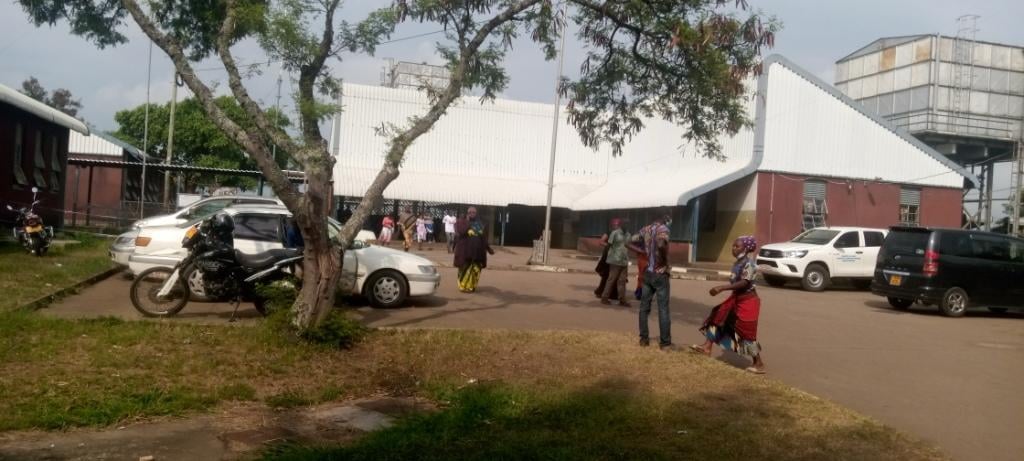Government to secure Mpox vaccines

A person presenting with signs and symptoms of Mpox disease. PHOTO | FILE
What you need to know:
- The minister explained that if the government secures excess vaccines, they will be distributed to other areas, but priority will be given to those living near the DRC border.
The government is in the process of securing vaccines for Mpox, a viral disease also known as Monkey pox, following the confirmation of two cases in Kasese District, western Uganda.
Dr Jane Ruth Aceng, the Minister of Health, confirmed that the government is actively working to procure vaccines, which will be administered to high-risk individuals in districts along the western border with the Democratic Republic of Congo (DRC).
The Ministry of Health confirmed the two Mpox cases after two individuals infected in the DRC entered Uganda.
“We have two cases in Kasese: one is a Congolese national, and the other is married to a Congolese. We are not declaring an outbreak, but we want people to be aware of this challenge so that they know how to protect themselves,” Dr Aceng told journalists in Lira City on Tuesday.
She made these remarks while launching a programme aimed at reducing maternal deaths from excessive bleeding after childbirth. During the one-week women's health camp near Lira Regional Referral Hospital, specialists from Mulago National Referral Hospital, the Uganda Cancer Institute, and other regional referral hospitals will provide services at no cost, including gynecological, pediatric, and surgical care.
“Monkey pox can be controlled through vaccination, and the government is working diligently to ensure we have vaccines as soon as possible. We will prioritize the most at-risk populations, particularly those living along the border with the DRC,” Dr Aceng added.
“We will focus on children, who are particularly vulnerable, as mortality rates among children are typically very high. Additionally, we aim to protect individuals living with HIV who are not virally suppressed, as well as our health workers who care for these patients directly.”
The minister explained that if the government secures excess vaccines, they will be distributed to other areas, but priority will be given to those living near the DRC border.
Dr Aceng emphasized that prioritizing the border population does not mean that the virus cannot spread inland, as roads are open and trade is thriving. “What we want the population to understand is the importance of awareness and prevention. Avoid contact with sick individuals, and report any such cases to the nearest health facility,” she advised.
In the event of contact, individuals should wash their hands with soap and water or use sanitizer.
According to Dr Aceng, Mpox is endemic in the DRC and is caused by a pox virus that affects both monkeys and humans. It is transmitted through contact with infected body fluids.
Signs and symptoms
Dr Aceng explained that individuals with Mpox exhibit rashes similar to those seen in chickenpox and smallpox, along with symptoms such as fever, general malaise, and joint pain. “If you see a person with rashes all over their body, report them immediately to the nearest health facility for sample analysis,” Dr Aceng advised.




